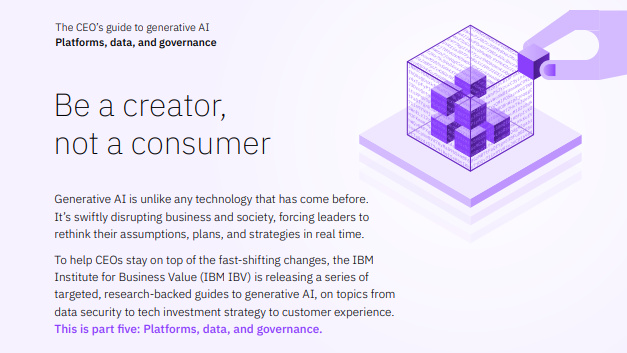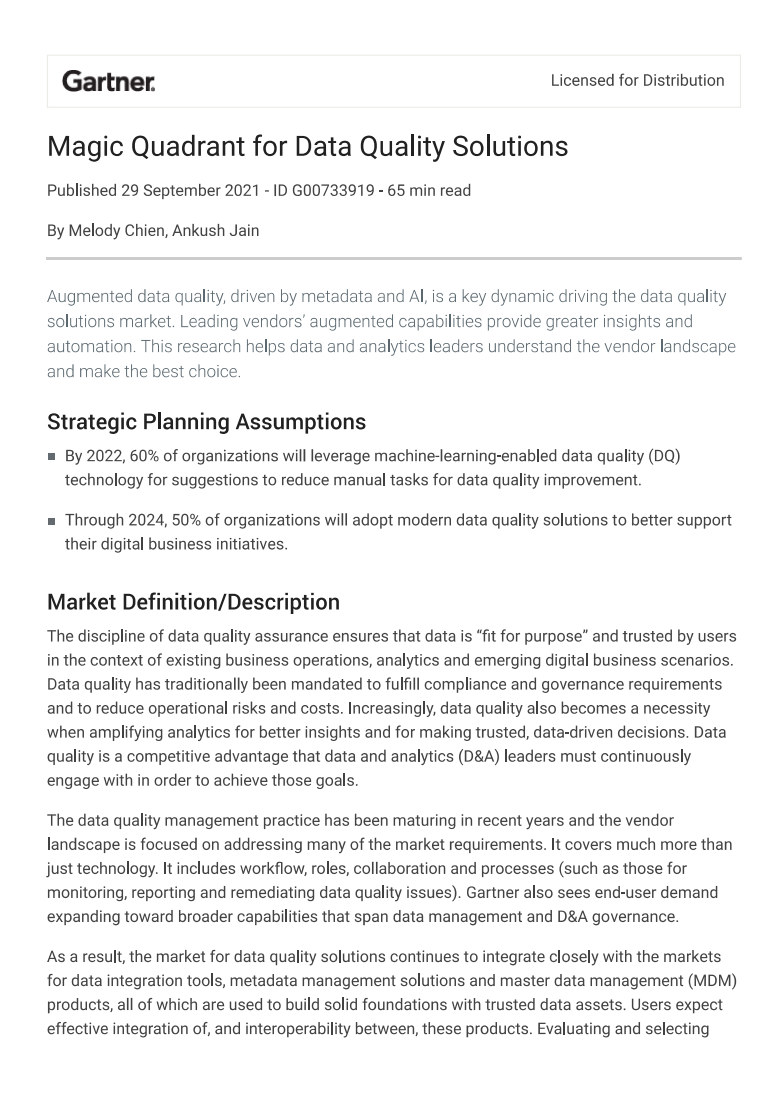Experian flags growth of illegal trade in online details
Credit expert's analysis reveals more data was illegally sold online during the first six months of 2012 than in the whole of last year.

More pieces of personal information were illegally traded online during the first six months of 2012 than during the whole of last year, according to credit experts Experian.
The company's latest quarterly figures show that 19.7 million pieces of information were traded online by internet fraudsters in the six months from January 2012.
In contrast, during the whole of 2011, a total of 19.04 million records were sold illegally online.
The publication of the figures coincides with the start of National Identity Fraud Prevention Week, which the company has also marked by releasing the results of its Life In A Box experiment.
The initiative was designed to shed light on people's online security habits by placing a volunteer in a shop front for a week with nothing more than a laptop.
The volunteer, Steve, was set a number of online challenges to test the strength of the password and username combinations he used and how easy it was to uncover personal information about him online.
The findings revealed that Steve used the same password across multiple accounts, used an outdated web browser and failed to check that the websites he accessed were secure before buying goods from them.
Get the ITPro daily newsletter
Sign up today and you will receive a free copy of our Future Focus 2025 report - the leading guidance on AI, cybersecurity and other IT challenges as per 700+ senior executives
Furthermore, the company also enlisted the help of a third party security consultant to test how far data could spread online if it fell into the wrong hands.
The consultant tested this by setting up eight fake email accounts, all of which were taken over within five hours, mainly by fraudsters from South Africa, Albania and a whole host of other countries.
The experience also revealed that password related emails were typically the first to be viewed by fraudsters, followed by messages exchanged between friends and family.
Peter Turner, UK and Ireland managing director of Experian Consumer Services, said the findings show how complacent people have become with online security.
"Although fourteen per cent of Britons admit to being concerned about the risk of online ID theft, many more 43 per cent have no such worries," he added.
-
 The CEO's guide to generative AI: Be a creator, not a consumer
The CEO's guide to generative AI: Be a creator, not a consumerWhitepaper Innovate your business model with modern IT architecture, and the principles of trustworthy AI
By ITPro
-
 Building a strong business case for GRC automation
Building a strong business case for GRC automationwhitepaper Successfully implement an innovative governance, risk & compliance management platform
By ITPro
-
 Sundar Pichai: AI keeps me up at night
Sundar Pichai: AI keeps me up at nightNews The Google chief warned that recent AI developments will have a profound impact on society
By Ross Kelly
-
 ChatGPT privacy flaw exposes users’ chatbot interactions
ChatGPT privacy flaw exposes users’ chatbot interactionsNews OpenAI has not expanded on the flaw in detail, nor indicated its reach
By Rory Bathgate
-
 2022 Magic Quadrant for data integration tools
2022 Magic Quadrant for data integration toolsWhitepaper Using research to evaluate suitable vendors for their existing and upcoming data integration use cases
By ITPro
-
 Redefining modern master data management in the cloud
Redefining modern master data management in the cloudWhitepaper Why you need a modern MDM solution built for the cloud
By ITPro
-
 Magic quadrant for data quality solutions
Magic quadrant for data quality solutionsWhitepaper Amplifying analytics for better insights and for making trusted, data-driven decisions
By ITPro
-
 Oracle to act as US data auditor for TikTok
Oracle to act as US data auditor for TikTokNews All US traffic on the social media platform will be routed through Oracle's cloud infrastructure
By Rory Bathgate

